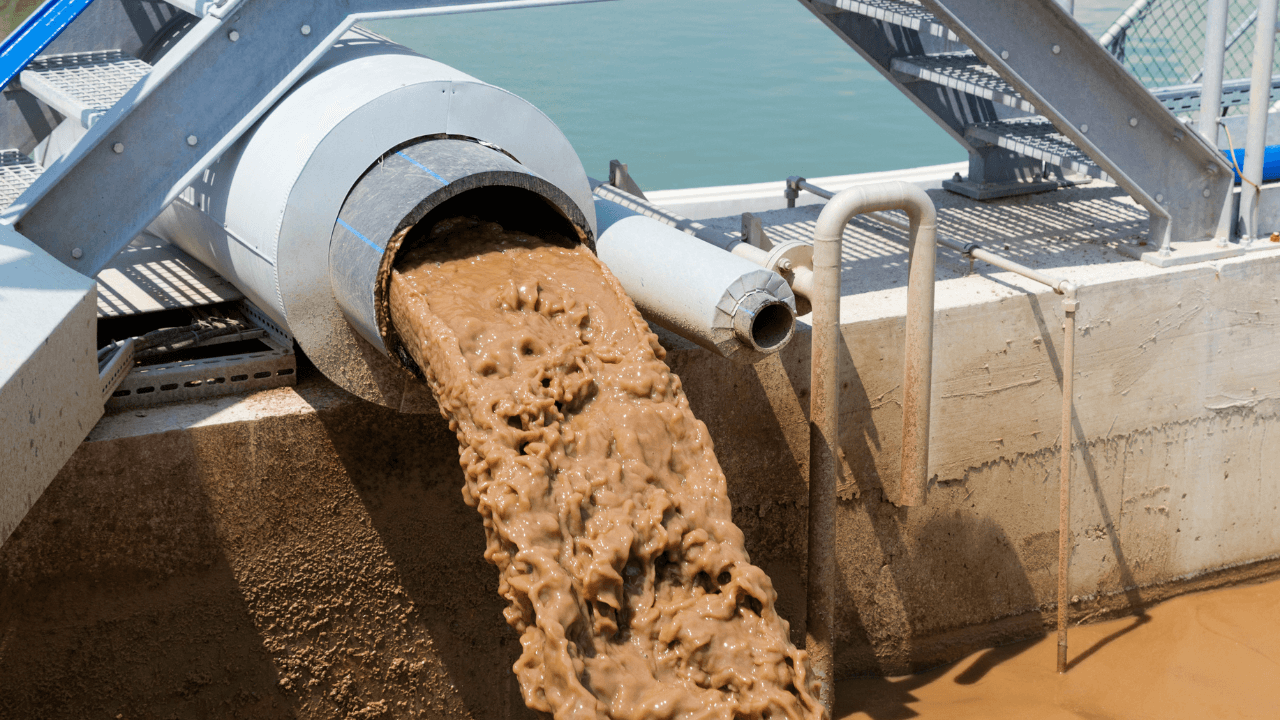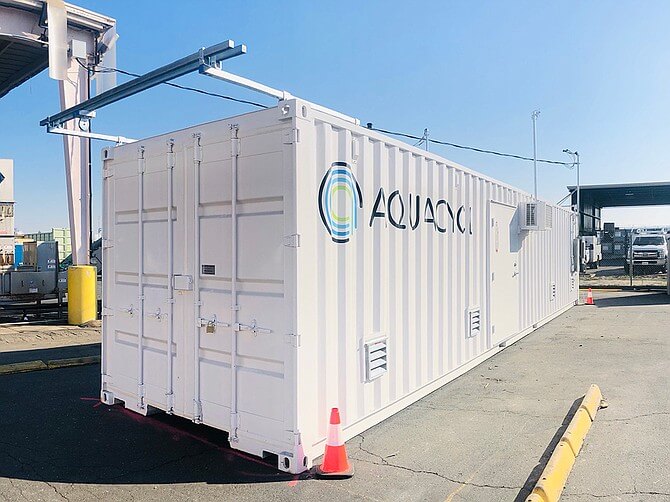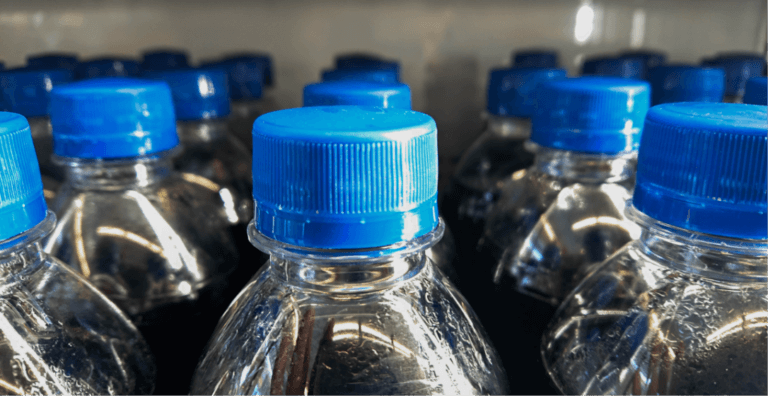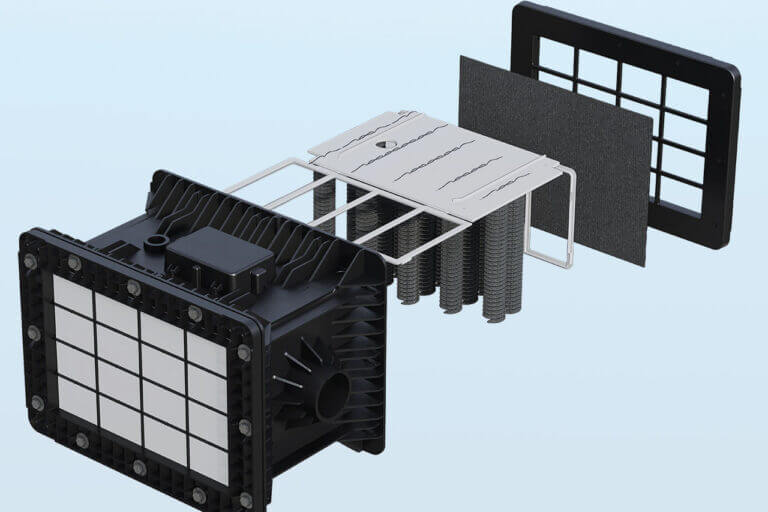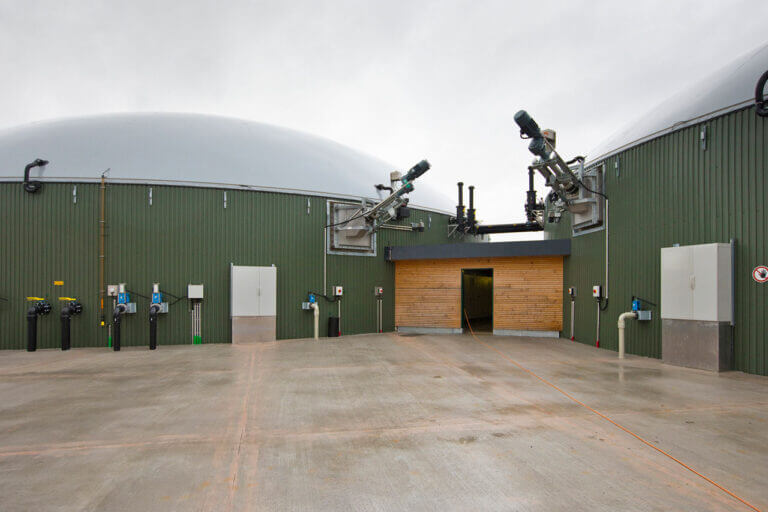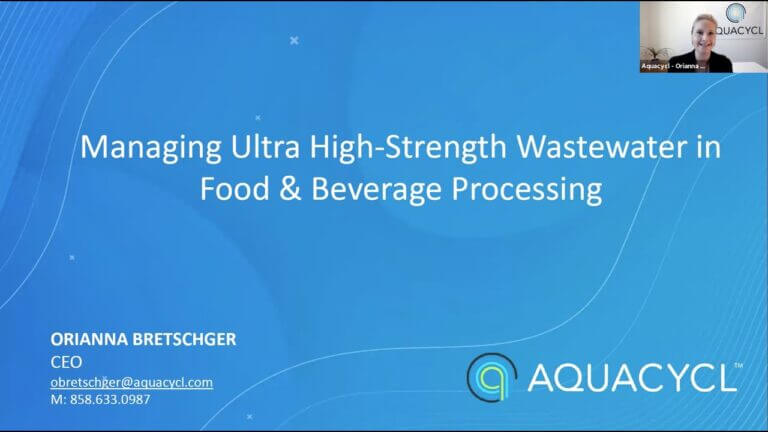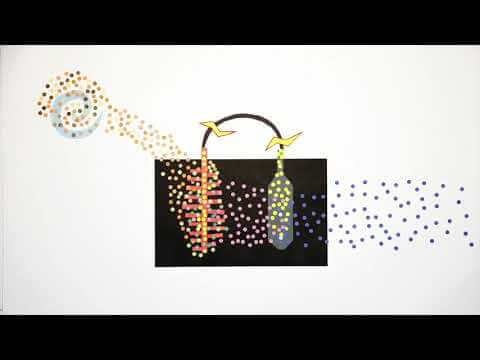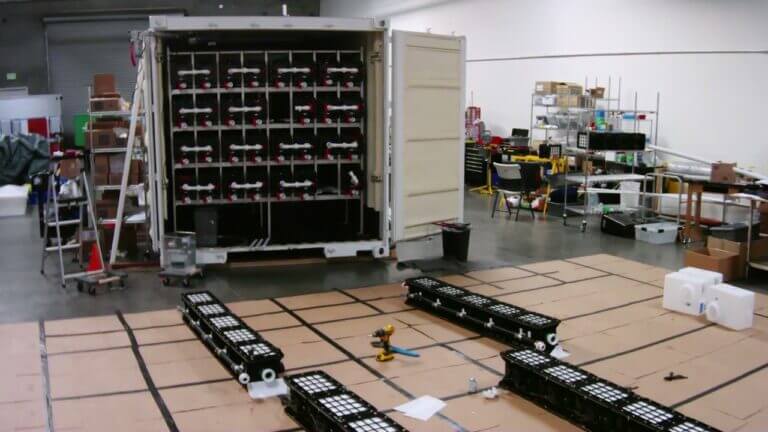Ever wish you could take sludge out of your wastewater management equation? If you’re a facility manager dealing with traditional wastewater treatment systems, you’ve likely faced the headache that is sludge: the constant buildup, costly removal, and continuous management.
Sludge isn’t just a byproduct—it’s a problem that compounds operational inefficiencies, drives up costs, and makes compliance with environmental regulations harder every year.
But what if you could wave goodbye to sludge once and for all?
Sludge Removal – A Facility’s Nightmare
Traditional wastewater treatment systems depend heavily on microorganisms to break down organic pollutants. These organisms feed on organic contaminants and multiply rapidly in aerated systems where oxygen is the provided. Over short periods of time, the microbes accumulate, forming what’s known as secondary sludge—tons of it. And suddenly, you’re faced with the ongoing issue: where to put it all?
In many facilities, sludge removal becomes a daily task, especially with aerobic systems. Anaerobic digesters, while efficient in producing energy from waste, still create substantial amounts of digestate—a biomass byproduct that also requires regular disposal. For industrial facilities in sectors like food and beverage manufacturing, the cost of sludge management can be a constant pain point.
The Hidden Impacts of Sludge on Industrial Manufacturing Facilities
Beyond the direct costs of sludge removal and disposal, there are hidden impacts that ripple through the entire manufacturing process:
- Management Time: Managing sludge isn’t a simple task. Facility managers spend significant time coordinating sludge removal, staying compliant with disposal regulations, and responding to unforeseen complications like equipment failures or regulatory audits. This takes away valuable time from optimizing production or focusing on core business activities.
- Disruption of Operations: Scheduling sludge cleanings often requires slowing down or even halting production to perform necessary maintenance. These disruptions can severely affect production schedules, lead to delays in product delivery, and add operational costs.
- Hauling and Disposal Risks: Sludge hauling is risky and can expose a facility to environmental fines and safety hazards from spills or accidents. Additionally, hauling contributes to a facility’s Scope 3 emissions—those indirect greenhouse gas emissions tied to operations but outside a facility’s direct control. This adds to a company’s environmental footprint and affects sustainability goals.
- Regulatory Burden: Land application, once a common disposal method, is facing increasing restrictions due to concerns about nitrates, heavy metals, and other contaminants affecting soil and water quality. Staying compliant requires proper disposal methods, ongoing testing, documentation, and reporting, further straining facility resources.
Saying Goodbye to Sludge
There’s a solution to the sludge nightmare (P.S., it’s Aquacycl!). At the heart of our wastewater treatment systems is a biological process that efficiently removes BOD while limiting biomass buildup—minimizing sludge production to levels so low, you might forget it’s even there. Our microorganisms are essentially put on a treadmill. They work to remove BOD, but we control their environment to prevent unnecessary growth, which means no excessive biomass, and minimal sludge buildup.
This allows our system to maintain the biofilm at a stable biomass levels. Once the microorganisms reach the optimal biofilm density, we hold them there through microenvironment controls, allowing biological maintenance but preventing overgrowth. This breakthrough results in minimal sludge production—up to 80% less than conventional aerobic systems.
For instance, at our PepsiCo installation, we remove approximately 1,600 pounds of BOD per day. In three years of operation, we’ve only removed sludge once. Compare that to the daily sludge removals needed in most aerobic systems, and you’ll begin to see the enormous difference.
The savings in time, effort, and cost are undeniable. With Aquacycl, you’re not just reducing sludge—you’re eliminating the headaches that come with it.
What Happens to the Minimal Sludge We Produce?
Even with our highly efficient process, a small amount of sedimentation occurs in our systems. Technically, this sediment is sludge, but you – the client – don’t ever need to deal with it.
That’s because Aquacycl takes on the responsibility through our service contract. We handle the minimal sludge produced Including testing, removal and disposal according to local permits. We also take care of any system cleaning, other servicing, reactor replacements, and any other operational issues that may arise with your wastewater treatment system. This allows you to focus on your core business, knowing that sludge is one less thing to worry about.
The No-Brainer Solution
- Minimal Sludge Production: Our system generates up to 80% less sludge than conventional treatment systems, significantly reducing your environmental impact.
- Less Than Once-Yearly Cleaning: Our systems require sludge removal less than once a year, compared to the daily or weekly cleanings typical of other systems.
- No Suprise Costs: We take care of all your sludge management needs, including testing and disposal, so you never have to handle sludge again.
- Environmental Compliance: By reducing sludge, you avoid contributing to environmental issues like nitrate contamination during land application, cut your GHG emissions, and enhance your corporate sustainability.
- Smart Monitoring: Our wastewater management is hands-off, stable, and efficient, eliminating the constant adjustments traditional systems require – and providing you with a compliance guarantee.
The Future of Wastewater Treatment is Sludge-Free
As wastewater treatment systems evolve, sludge doesn’t have to be an inevitable byproduct. Aquacycl offers a future where sludge management is simplified, operations are streamlined, and costs are reduced—all while keeping the environment safe.
Say goodbye to sludge once and for all and let Aquacycl handle the rest, contact us today.


